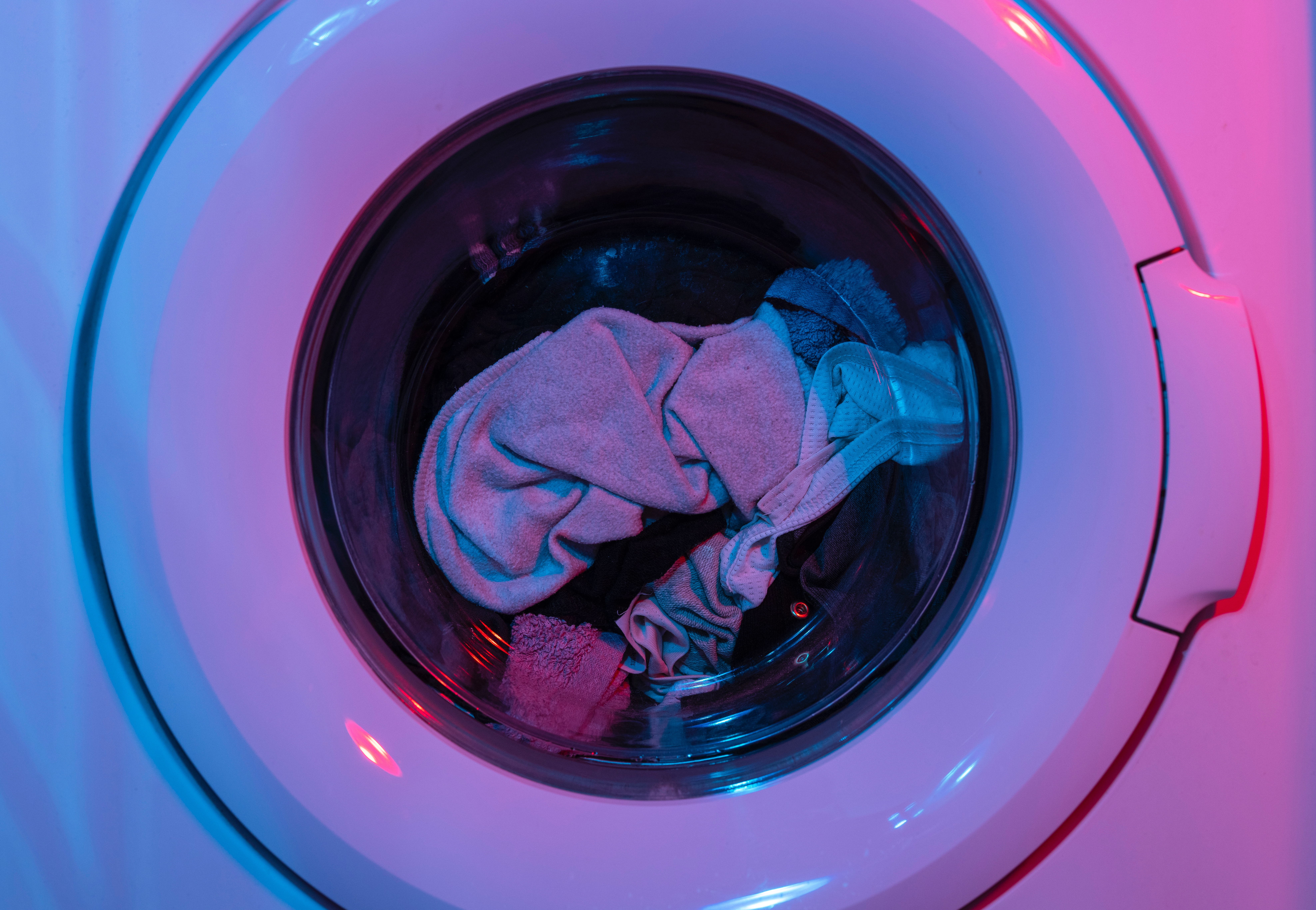 As Fairtrade Fortnight launches in the UK on the 28th February, the ethical brand continues to enjoy political support and the backing of millions of consumers. But there is much more that Fairtrade is yet to achieve, argues Deborah Doane, such as challenging the power in global markets that keeps poorer countries in poverty, and pushing for more policy changes that would encourage social justice in the global trading system.
As Fairtrade Fortnight launches in the UK on the 28th February, the ethical brand continues to enjoy political support and the backing of millions of consumers. But there is much more that Fairtrade is yet to achieve, argues Deborah Doane, such as challenging the power in global markets that keeps poorer countries in poverty, and pushing for more policy changes that would encourage social justice in the global trading system.
Only ten years ago, when the UK’s Fairtrade Foundation was just five years old, the idea of “ethical consumption” had barely been broached. In an Ethical Consumerism report from 2000 it was argued that consumers simply didn’t care about ethics: Fairtrade had little more than 1 percent market share in product lines, with the exception of ground coffee at 15 percent. Consumer awareness of the Fairtrade mark was still pretty small, with fewer than 20 percent of the UK population knowing about it at the time.
The situation is very different today however: not only do more than 70 percent of the UK population now know what Fairtrade is, but it is considered to be the most recognised and best understood ethical label in the UK market. Supported by a massive grassroots movement committed to changing the lives of developing country producers for the better, 500 Fairtrade Towns and thousands of Fairtrade schools, churches and universities now exist throughout the UK. Politicians have been keen to support Fairtrade too; in 2002 Tony Blair visited Fairtrade farmers and voiced his support for the brand, and more recently David Cameron praised larger companies for supporting the Fairtrade movement.
The economics of Fairtrade have been on the political agenda for some time. In the early days there were many sceptical voices, including Nestle, who famously distributed a leaflet at the political party conferences which said why their version of trade was fairer than the Fairtrade model. The Economist wrote a strong critique in 2006, stating that Fairtrade sends the wrong price signals to producers and further argued against the co-operative model of organised labour. While Fairtrade is a grass-roots response to market failure, it is far from being anti-market. Quite simply, it found that the market was willing to pay a premium for social justice. Whatever the critiques, people power has proven the sceptics wrong. The value of Fairtrade sales is now a considerable €3.4billion globally, with the UK accounting for 26 percent of all sales.
But where there are successes, there are also significant limitations. While many of the grassroots activists may also campaign for stronger trade justice, Fairtrade itself was never designed to regulate trade. And here-in lies the problem. As it operates within the status quo, it is subject to the same market failures as before, only perhaps the impact is slightly softened for those Fairtrade producers. While there are now over 1.2 million Fairtrade producers worldwide, of the 2009 global sales of €4billion, just €52million, or about 1.3 percent of total sales, was returned to producers. While that’s certainly significant to some Fairtrade co-operatives, it hardly represents a fair share of the pie.
Of course, unknown to most consumers, there are distinctions between the different Fairtrade labelled products. Divine Chocolate, for example, is actually owned by the producers themselves, Kuapa Kokoo in Ghana, so they get a large percentage of profits in addition to the Fairtrade income and premium. But most Fairtrade available on our shelves now is associated with big brands, like KitKat or Dairy Milk, or supermarket own-brand products. This mainstreaming was ultimately chosen as a strategy in order to grow the Fairtrade brand. 100 percent Fairtrade companies, growing organically, would never be able to compete with the big guys, so Fairtrade would most certainly have stayed a very niche product without choosing the mainstreaming strategy. On the other hand, while the volumes of sales have grown as a result of mainstreaming, aside from the limited payback to producers, it hasn’t yet tackled the core issues and revolutionised the way we trade in the global system.
As a result, what you ultimately have is a label which could otherwise be called, “Fairtrade lite”. Big companies continue to use their market power to drive down prices in other ways and still retain most of the value of the product. They get the benefit of the ethical label, without actually changing their behaviours or business models in any significant way. Worse, some have accused them of “profiteering”: using the Fairtrade labels to bolster their brands and increase their own sales, while sidelining the producers and the wider movement in the process.
Fairtrade isn’t a solution to the wider macro-level issues that ultimately keep poor countries poor. It doesn’t address issues of power in global markets – in particular of the monopoly buying power of the world’s largest commercial commodity players, like Cargill, ConAgra and Unilever, or of the supermarkets who notoriously keep prices low at the expense of producers. Thus it still means developing country producers are in the vulnerable position of operating the rich world’s storerooms, keeping them reliant on agricultural based exports for their survival. And ultimately, as long as we’re relying on consumers to make the difference, the outcome will be at their behest.
Fairtrade should be congratulated for raising the issue of unfair commodity prices, and the status of producers, on the political agenda. It should be congratulated for building a grassroots movement, not only aware of the issues, but prepared to fight for the cause. And it should be congratulated for showing that co-operative based production and small-holder production can be integrated into global supply chains, while benefitting local communities. Is it perfect? No. Has it achieved enough? No. Has it asked for enough? Certainly not yet.
Given its levels of trust with consumers, Fairtrade now has its own brand power. And it should use this brand power to ask for more from a policy perspective, not just intervene in gentle market-based reforms. This would include genuinely strengthening the power of all producers in the supply chain, to tackling supermarket power, both here in the UK as well as in our global trading system. A social label is a great starting point, but it is nowhere near where we need to be in the long run.
Deborah Doane spoke at the LSE Event Has Fairtrade Asked for Enough? On 1 March. The podcast of this event is now available (37 MB, MP3 format).
Please read our comments policy before posting.








3 Comments